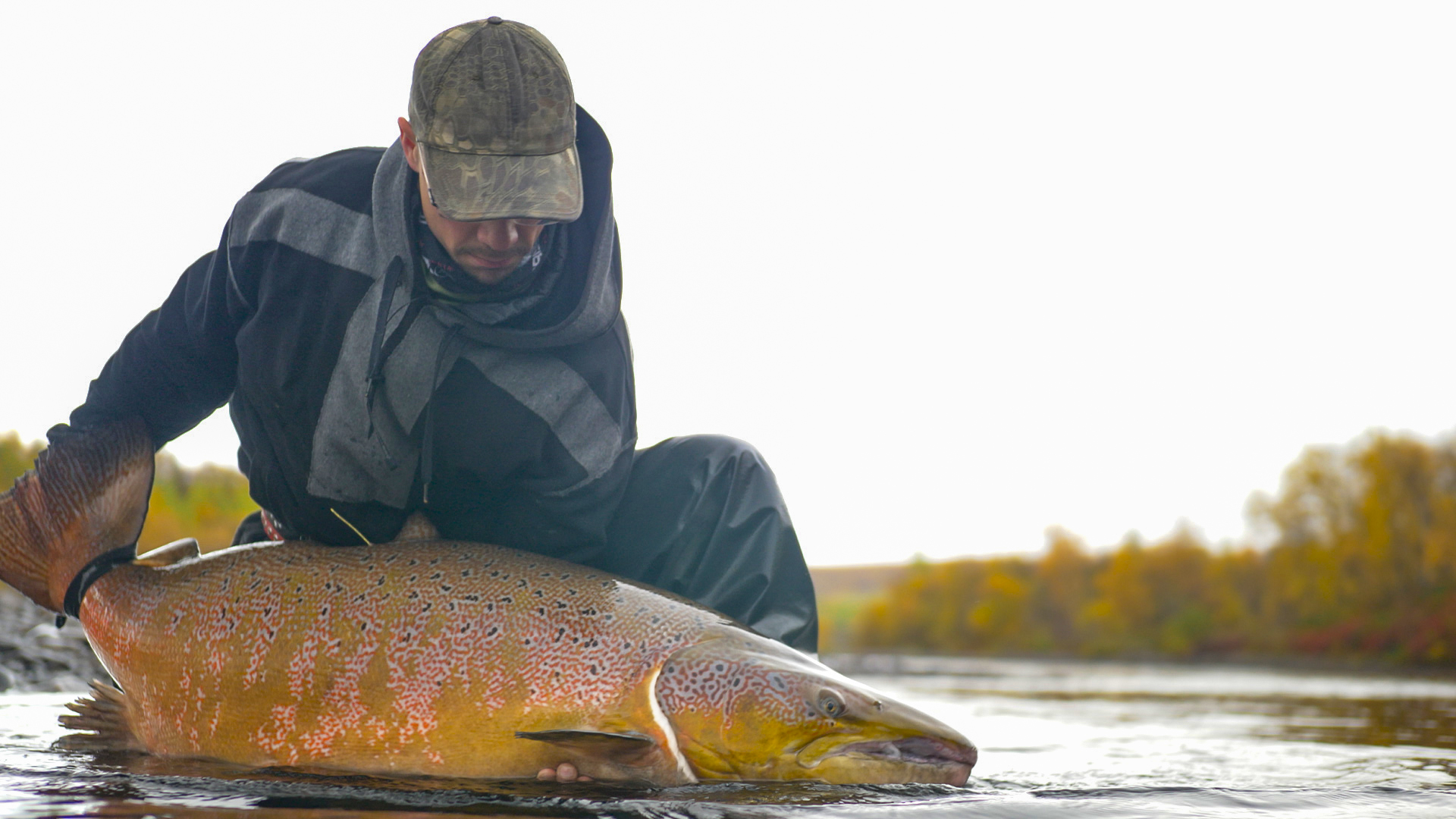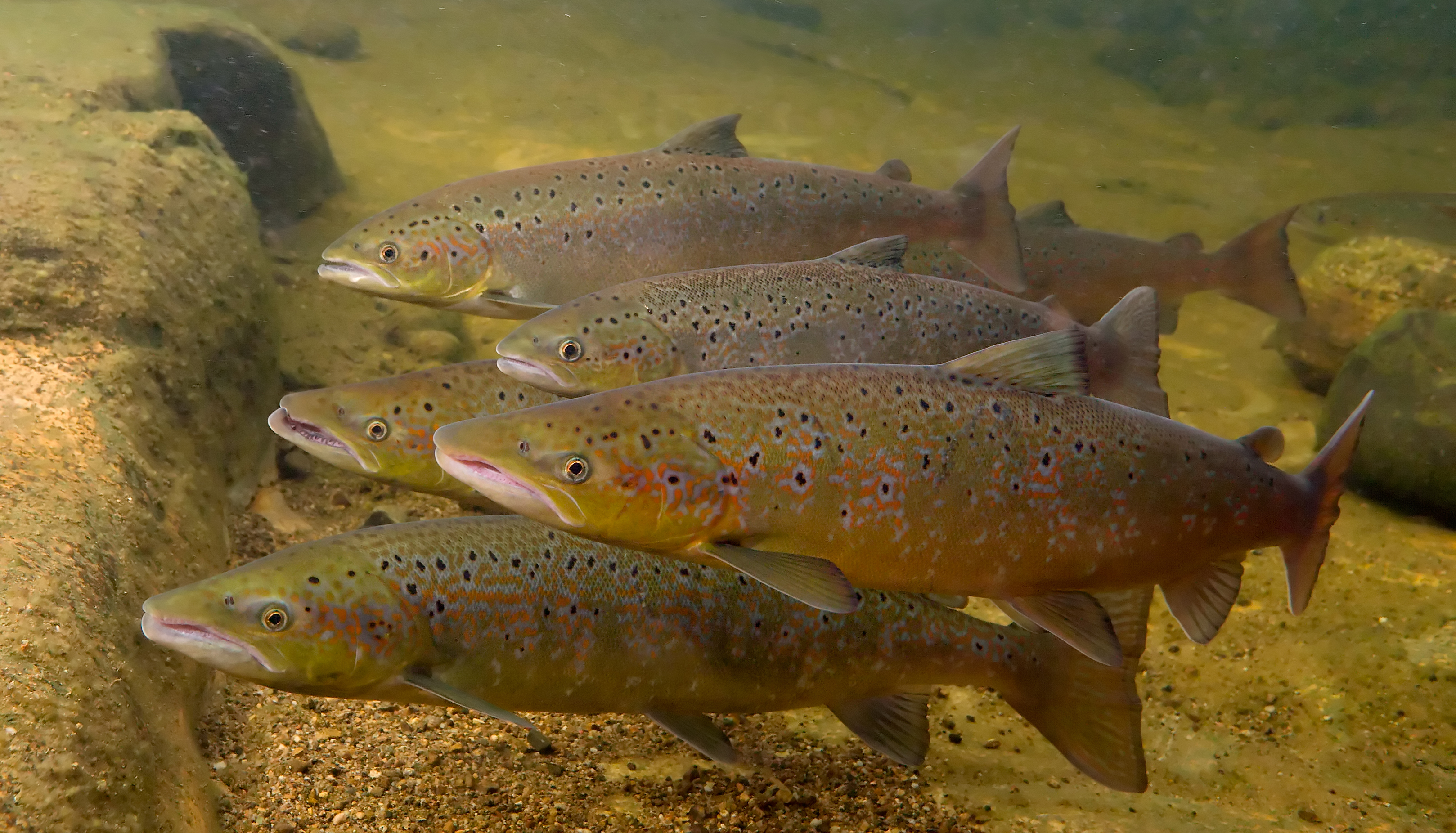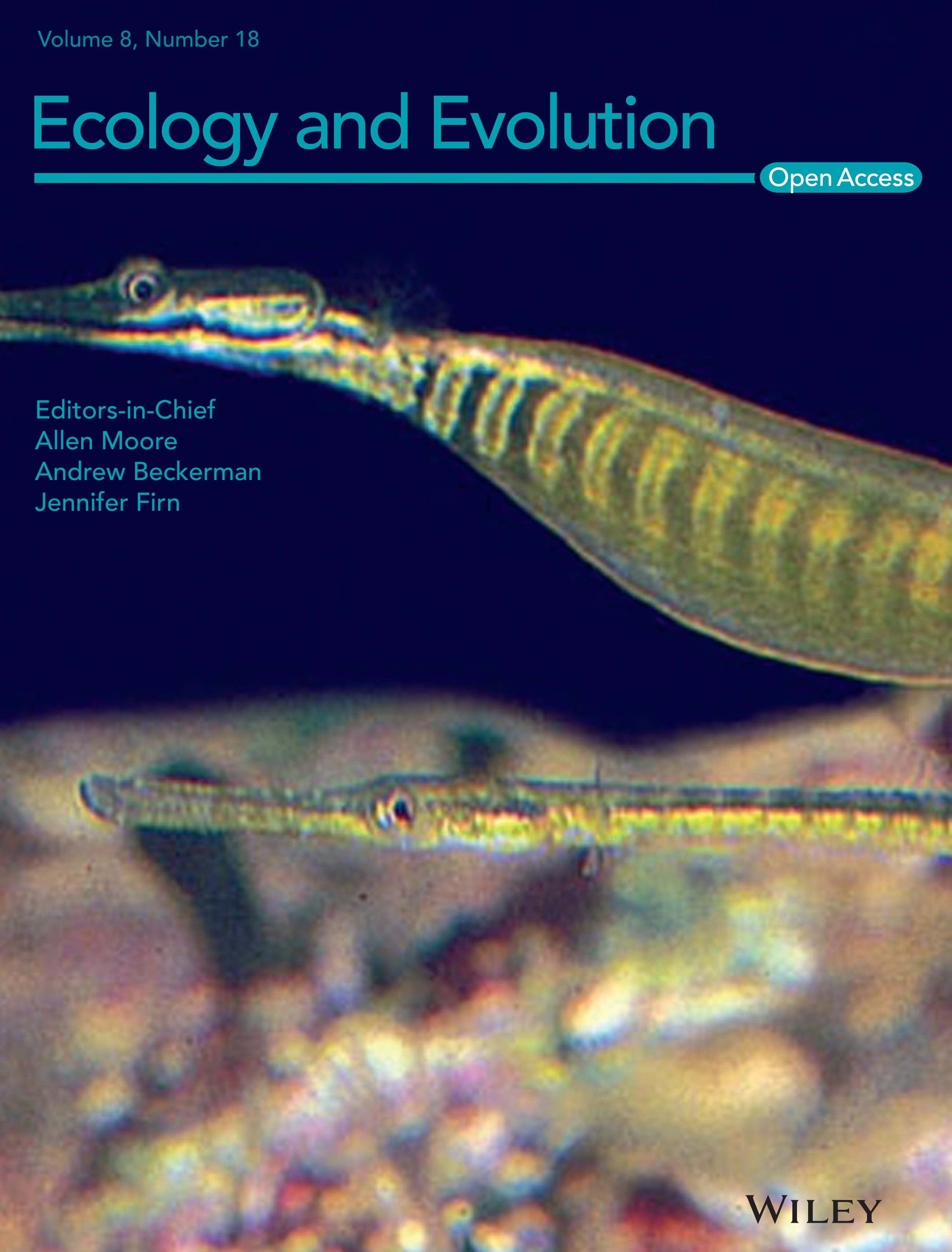Kenyon B. Mobley, Ph.D

Associate Professor
Department of Genetics
Norwegian College of Fishery Science
UiT The Arctic University of Norway
Tromsø
Rm: NFH A458
google scholar
Researchgate
Publons
My research covers a broad spectrum of topics in evolutionary biology with the goal to understand the complex relationship between behavior, ecology and the genetic architecture of organisms.
Currently, I am researching maturation and reproduction in salmonids, particularly Atlantic salmon. My interests also include the local adaptation and ecological speciation, population genetics, sexual selection and sexual conflict, the evolution of female ornaments, parental care and alternative mating tactics, how parasites alter sexual selection, and the effect of anthropogenic stressors on reproduction.
Fishes are my favorite model organisms and I've worked with pipefishes, gobies, stickleback and salmonids extensively.
Currently, I am researching maturation and reproduction in salmonids, particularly Atlantic salmon. My interests also include the local adaptation and ecological speciation, population genetics, sexual selection and sexual conflict, the evolution of female ornaments, parental care and alternative mating tactics, how parasites alter sexual selection, and the effect of anthropogenic stressors on reproduction.
Fishes are my favorite model organisms and I've worked with pipefishes, gobies, stickleback and salmonids extensively.
Featured Articles
 Size matters in the sex life of salmon
Size matters in the sex life of salmonFor Atlantic salmon, size matters when it comes to love. Larger males and females that may spend up to four years at sea produce many more babies, but they are very rare compared to younger fish.
see full press release here.
 In the game of love, local salmon have a home ground advantage
In the game of love, local salmon have a home ground advantage Salmon spawning in their home river produce vastly more offspring than salmon trying their luck on unfamiliar spawning grounds.
see full press release here.
 Female ornaments honestly advertise their fecundity to attract males in Australian pipefish
Female ornaments honestly advertise their fecundity to attract males in Australian pipefishMobley KB, Morrongiello JR, Warr M, Bray DJ, Wong BBM. 2018. Female ornamentation and the fecundity trade-off in a sex-role reversed pipefish. Ecology and Evolution. 8, 9516-9525.